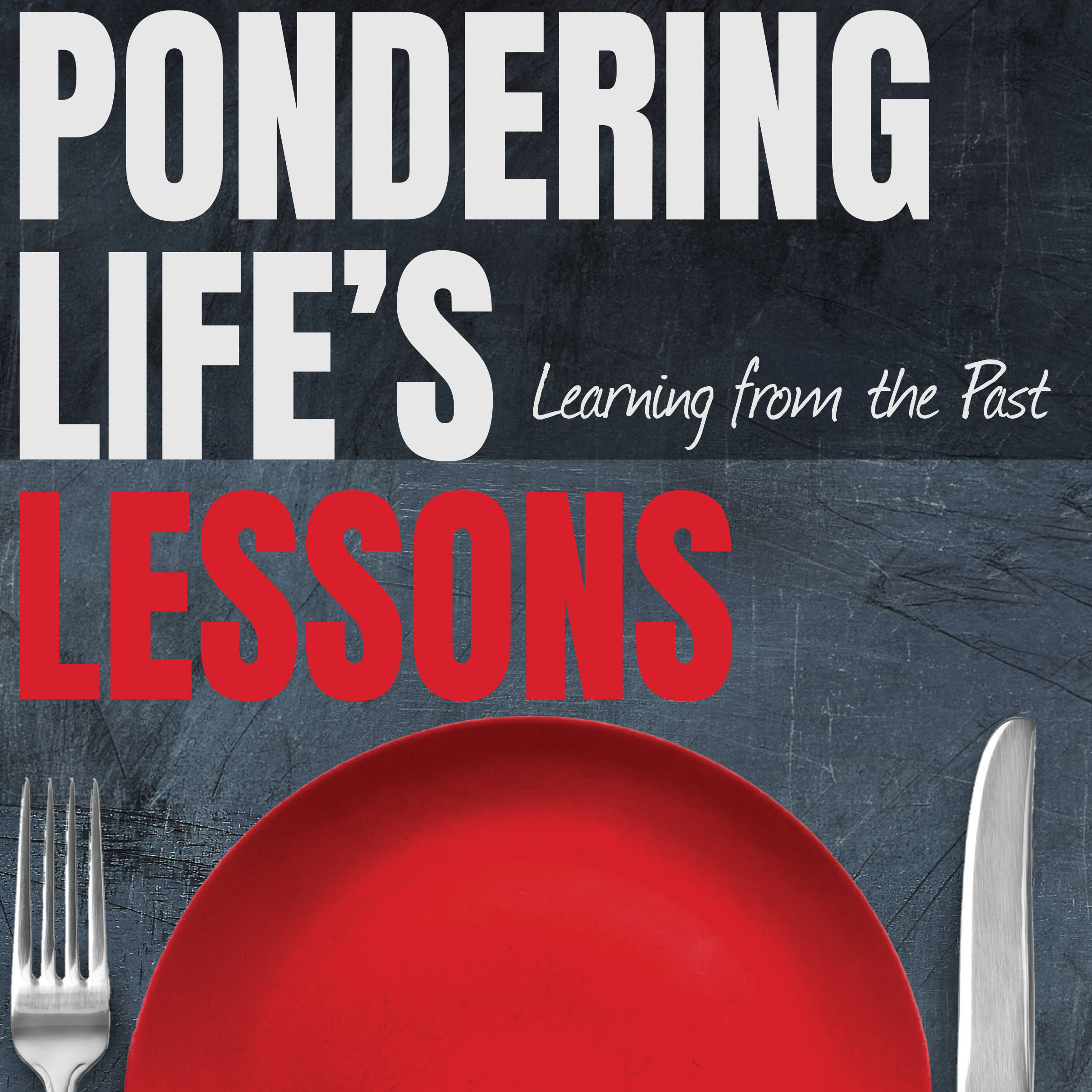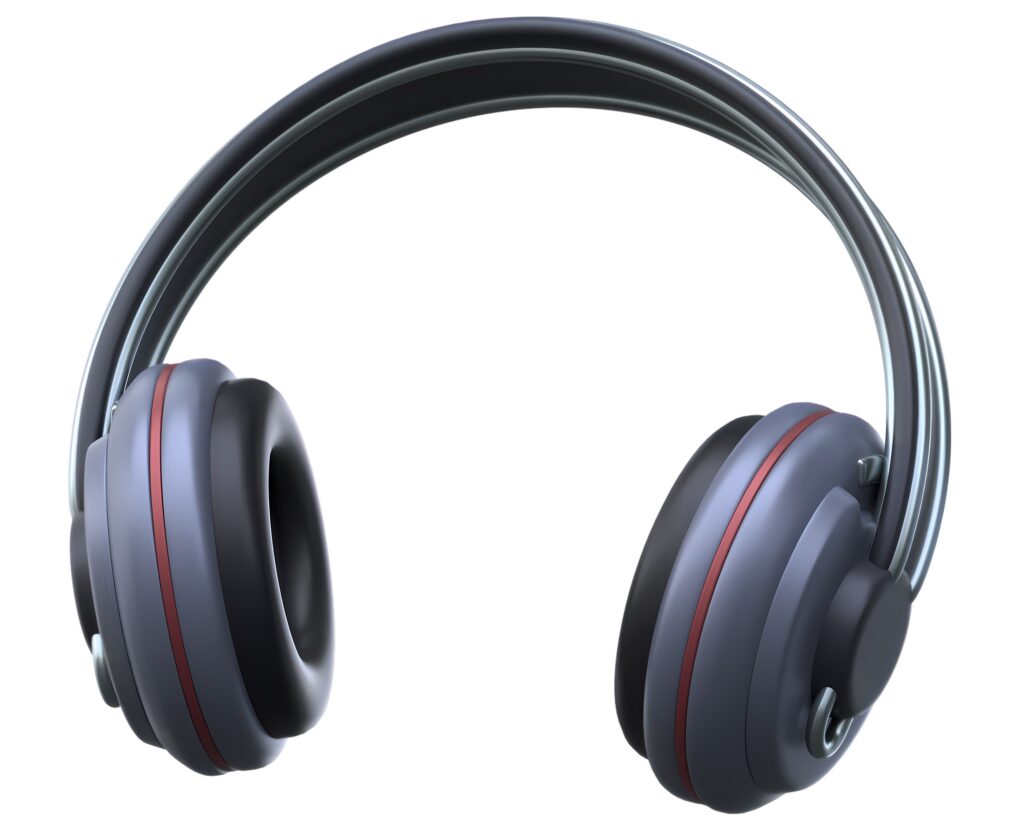
Working as a “helper” for Faygo was memorable. My biggest takeaway from the experience was learning how hard my dad, and those who held similar jobs, worked. It was mostly muscle, and thus, not my strong suit. My first day with Anson, I just hopped in the truck and waited for directions. His route took us into parts of Detroit I had only heard about. The mom and pop stores were my least favorite. Some were located in the lower level of the family home. Small stores meant small deliveries. Anson had me mix cases, thus the various pop flavors, for these customers. They might want three orange sodas, three grape, six red pop, and twelve root beers. We never sold less than a case. Small bottles came in cases of twenty-four , while quarts were sold in a case of twelve. All the bottles were made of glass, packed in wooden cases, and heavy.
Most of these stores stored their extra supplies and “empties” in the basement. Some were too cramped for a hand truck, so each case needed to be carried by hand. I did the carrying, and Anson wrote the order and took payment. If the empties weren’t sorted, I sorted them before I hauled them to the truck.
Several of the larger “party stores” had shotguns or pistols behind the counter. Some proprietors didn’t take the time to conceal their weapons. They opted for a shoulder holster and a loose fitting jacket or vest. That was a real eye-opener.
Mom and pop stores carried household supplies, bread, milk, lunch meat, assorted can goods, a limited amount of fresh produce, beer, and pop. Party stores carried all sorts of liquor, a variety of beers and wine, a vast assortment of snacks, and pop. These were truly the party people.
My work experience during the spring was very different than my work during the Christmas season. Back then pop was a treat, not an every day staple. Drivers like dad, and Anson, made most of their sales during the hot summer months and the holidays. I worked long hours during my one Christmas break experience. Working conditions were different too. December was cold with snow and freezing rain. While we had heavy duty curtains to cover the load, we had to gain a toe hold on the ice covered metal parts of the truck to climb to the top. We’d grab a wooden case with one hand and hold tight to the truck with the other. I recall hanging out over Gratiot Avenue hoping I wouldn’t fall into the traffic.
The load needed to be shuffled throughout the day to provide a space for the empties. Some days we started with an empty bay, but on most days we didn’t. We got paid for delivering full cases and picking up empties, so both ends of the deal were important. Helpers received the same rate no matter if we delivered a case of glass quarts or a case of cans. I preferred delivering cans. The cases of cans were easier to handle and lighter. We could drop a hundred cases of cans in minutes, while the heavy glass took much longer.
If we dropped a case, and the bottles broke, we had to retrieve the broken tops with the caps still in tack. This insured that we weren’t just handing out free pop. If we didn’t bring back the tops with caps, the driver’s pay was docked to cover the missing product.
At the end of the day we returned to “the plant” to restock our load for the next day’s deliveries.
TBC

